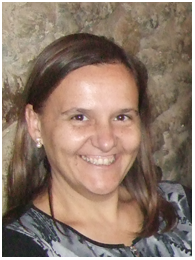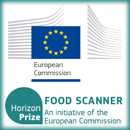
Teresa Aymerich
Institute of Agriculture and Food Research and Technology
Spain
Title: The potential of molecular techniques for the management of pathogens in the meat industry
Biography
Biography: Teresa Aymerich
Abstract
The application of an integrated approach to food safety has provided Europe with one of the safest food supplies in the world, contributing to food and nutrition security and also supporting the economy and trade. Nevertheless, recent diseases cases and outbreaks, as reported by EFSA (2014), have revealed that food-borne microbial diseases are still a matter of concern. To produce safe food, a collaboration between the food, beverage and agricultural industries within a farm-to-table approach, together with the application of the preventive measures based on HACCP plans and scientific risk evaluation is considered a must. Effective verification of the correct application of the plans, traced along the food chain, together with the assurance of the accomplishment of the microbiological criteria is considered essential. In this way, rapid detection and identification of microbial agents, enabling timely response and facilitating early detection of faults and deviations plays a crucial role to accelerate decision making in production, to control the spread and food safety but also to avoid recalls and kept the enterprise image and consumers’ confidence.The rapid development of genomic technologies upholds a great promise for improving specific early detection, prevention and control of current and emerging food-borne microbial pathogens thus contributing to improved health of consumers. Indeed, rapid detection methods for food-borne pathogens and spoilage microorganisms are being adopted by the food industry and the number of commercially validated molecular available kits and methods for rapid detection of food-borne pathogens continues to increase. Inclusivity, specificity, reproducibility, sensitivity, viability, together with speed, throughput, flexibility and cost will be considered to assess the criteria of how to use a specific method for a specific target.

